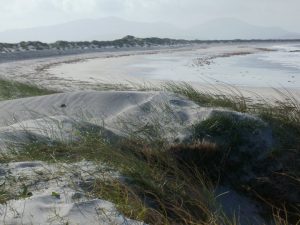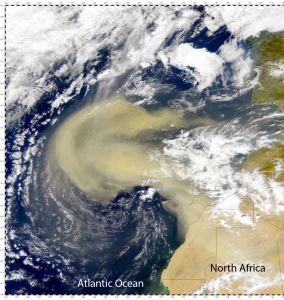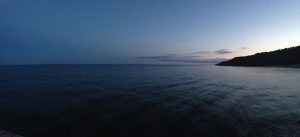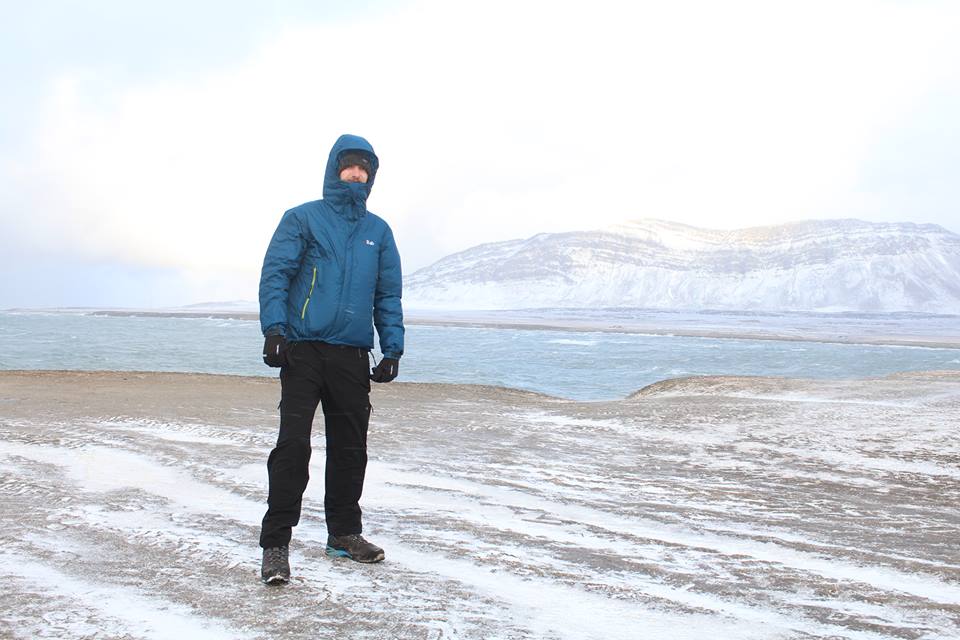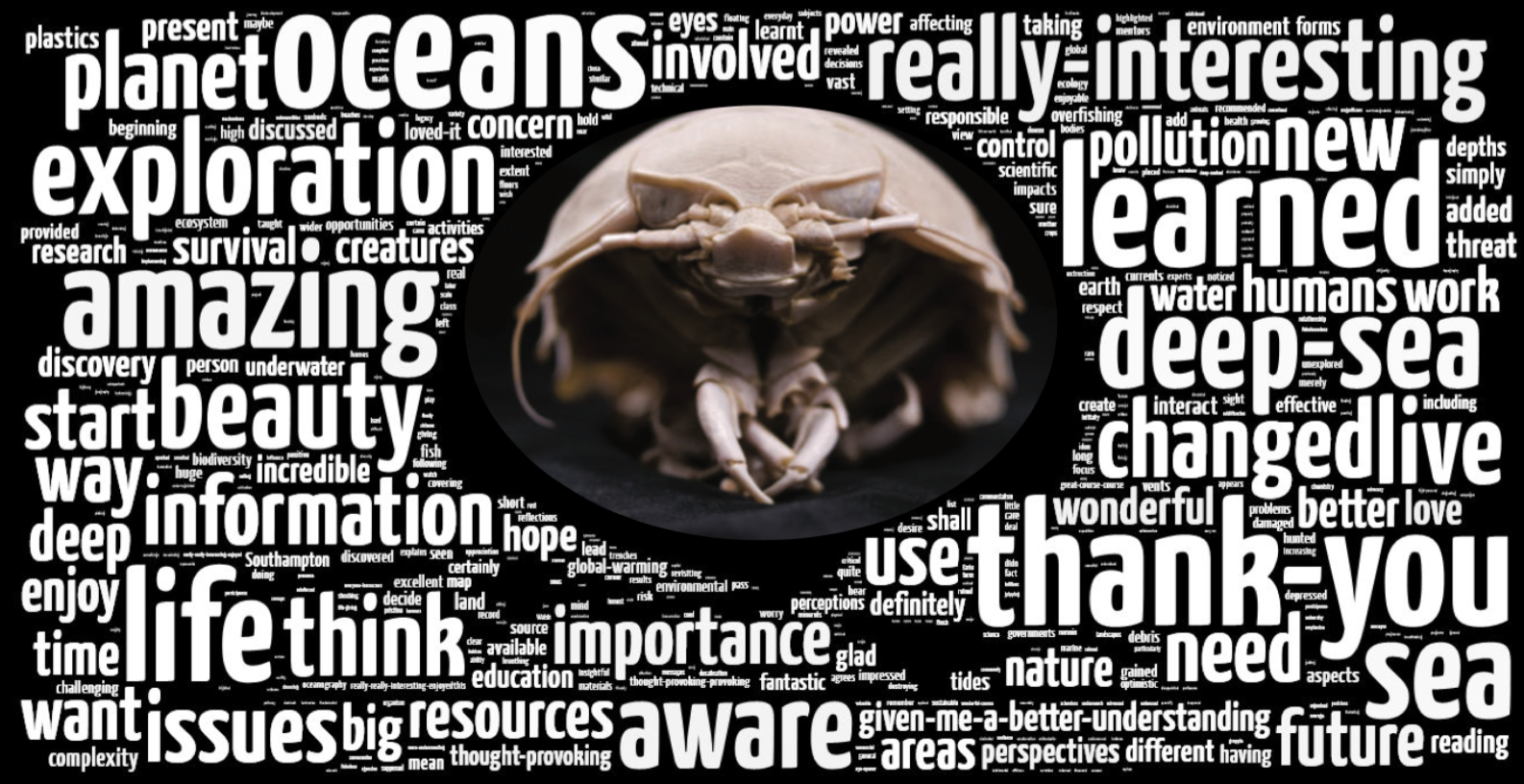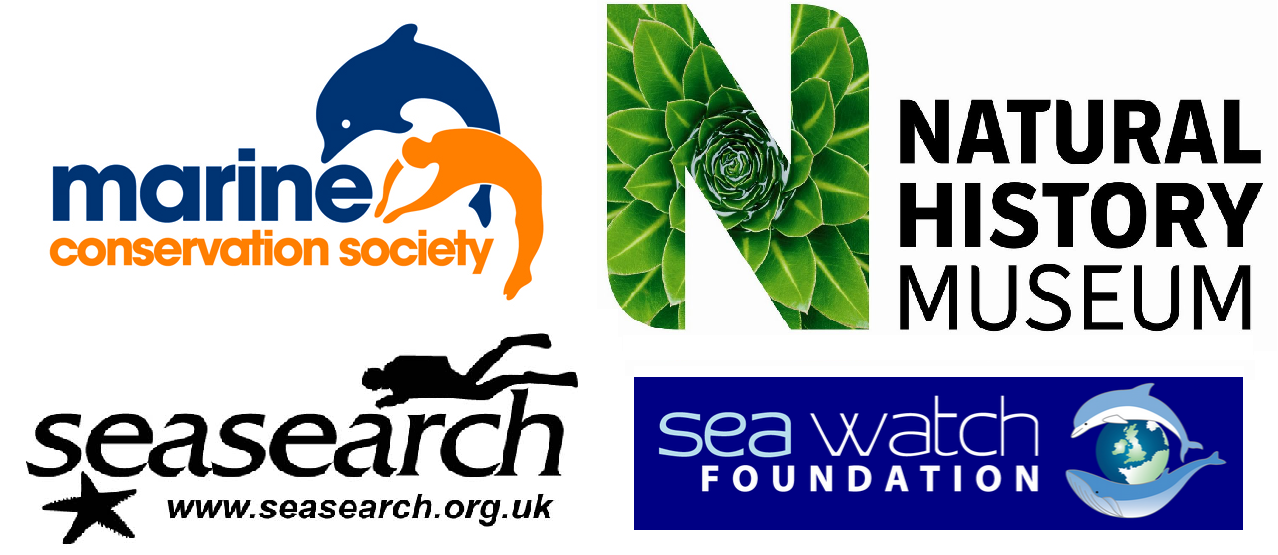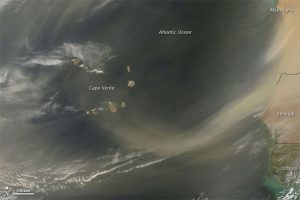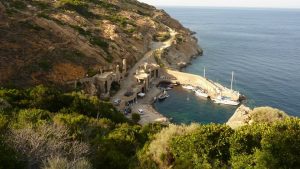
Hi there ! How did I become involved in marine sciences ?
Hi! My name’s Adeline.
Read me to know a bit of life of one of your mentor!
Since I was young, I’ve been attracted to the seas and oceans. I scuba-dived for the first time at the age of 10. I am now 25 with hundreds of dives and I definitely linked my life to the marine environment. But being in water wasn’t enough, I wanted to learn more.
Continue reading →

